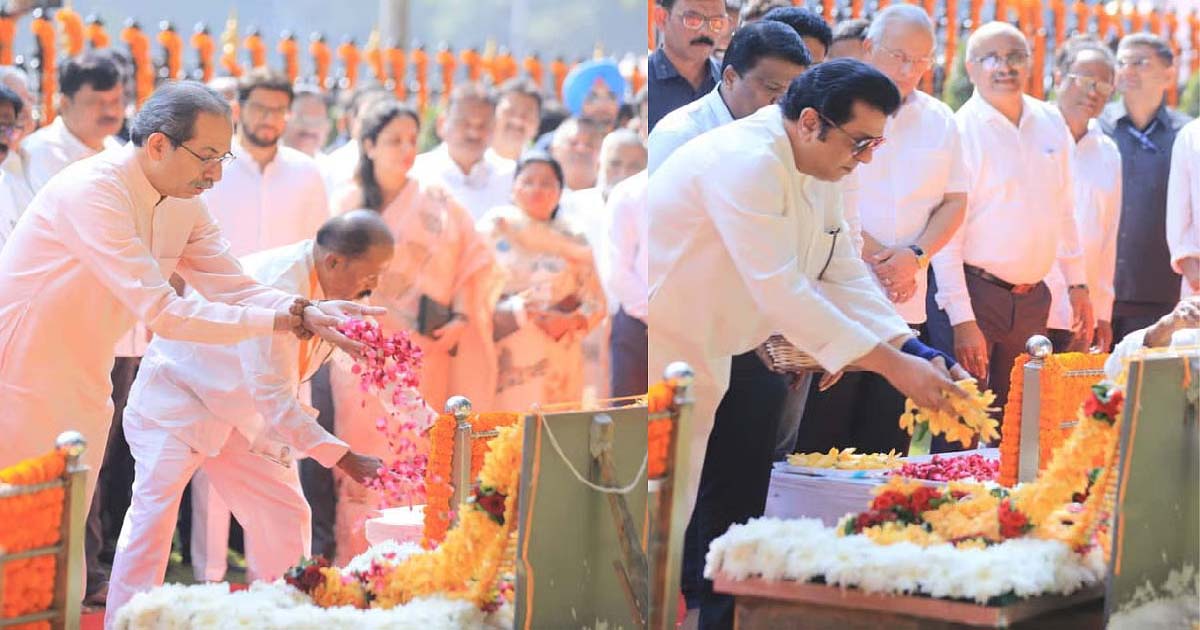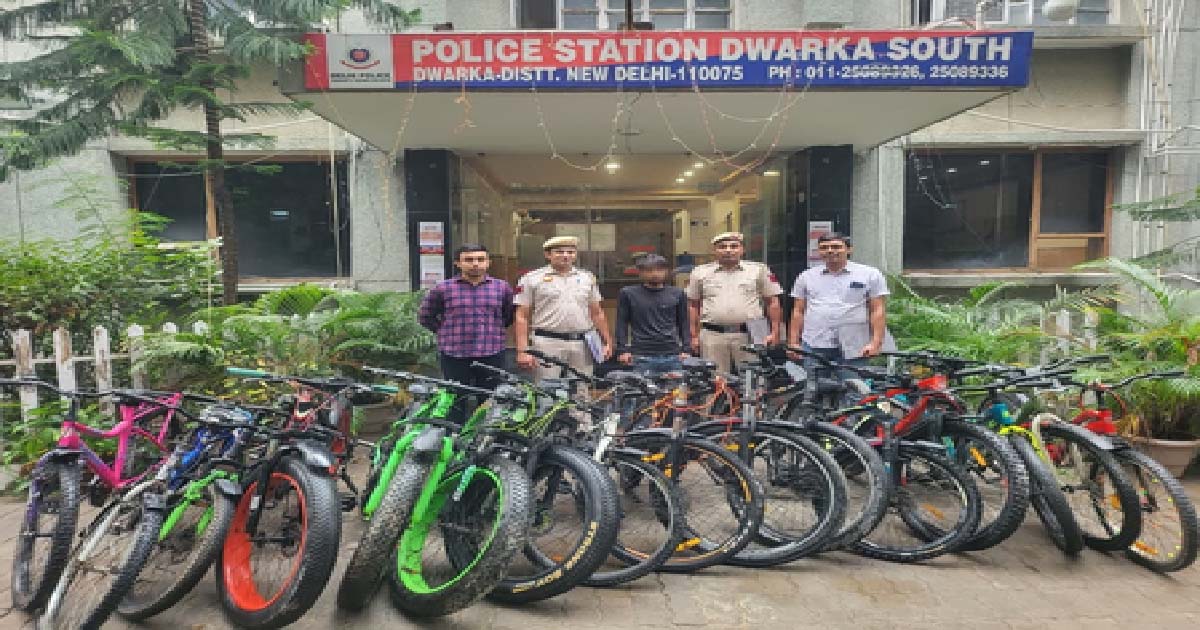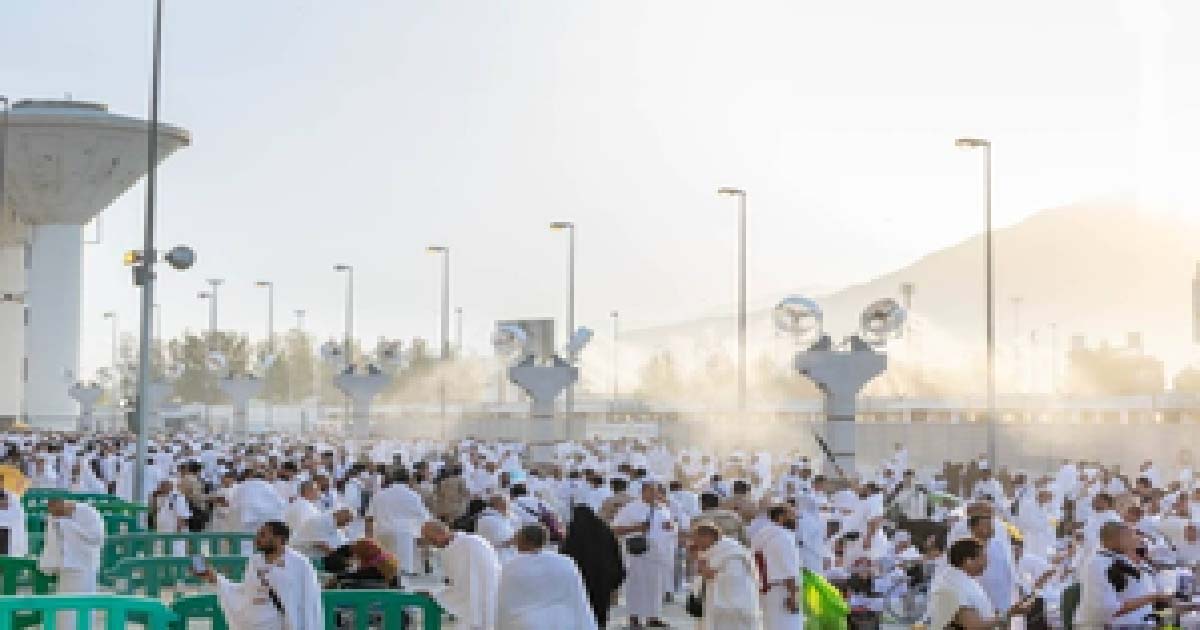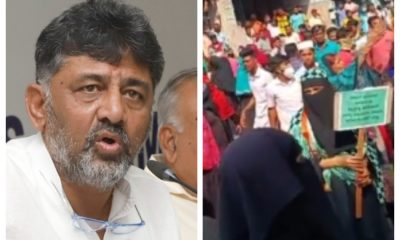National News
K’taka Cong chief vows to repeal anti-conversion law if voted to power
Karnataka State Congress president D.K. Shivakumar on Thursday said that the proposed anti-conversion law will be repealed in 2023, after the party comes to power in the state.
“I am telling you on record, including Anti-conversion bill, the law prohibiting cow slaughter will also be repealed,” he said.
Shivakumar further stated that the BJP is under an illusion that they are in majority.
They have forgotten that while taking oath, they had pledged that they will not work for a single community, but will work for the whole society, he said.
Hindu farmers are in trouble after banning the cow slaughter in the state, he opined.
“People think, Muslims are affected by the banning of cow slaughter. But, the reality is Hindu farmers used to sell aged, unwanted cows and make some money. They were paid Rs 30,000 to Rs 40,000 per cow. Now, they are in a difficult situation. No compensation is given to them,” Shivakumar explained.
“As a President of the Congress party, I am telling you all these laws will be repealed when the Congress comes to power in the upcoming 2023 Assembly elections. This Anti-conversion law will affect the investments in the state. How can you invite investors by passing and implementing such laws,” he questioned.
Shivakumar underlined that the Anti-conversion law will be opposed by the Congress party in Assembly and the bill will be defeated in the council, where the BJP does not have a majority.
Meanwhile, Shobha Karandlaje, Union Minister for State for Agriculture and Farmers Welfare questioned why Congress is opposing Anti-conversion law in the state. “What is on your mind? Conversions should not happen in society. Let Hindus, Christians and Muslims practise their religions freely without any fears. Congress is indulging in vote bank politics. Conversions are made through ‘Love jihad’, this should not happen, he said.
Former Chief Minister H.D. Kumaraswamy said that the JD(S) opposes Anti-conversion law. He said, instead, backwards and poor people’s hands should be strengthened.
National News
Mumbai: Uddhav-Raj, Thackeray Family Pay Tribute To Balasaheb Thackeray On His Death Anniversary At Shivaji Park

Mumbai: Shiv Sena (UBT) chief Uddhav Thackeray along with Maharashtra Navnirman Sena (MNS) Chief Raj Thackeray on November 17 paid tribute to Balasaheb Thackeray on his death anniversary at Dadar’s Shivaji Park. The Thackeray cousins were joined by Rashmi Thackeray, Aaditya Thackeray along with other party leaders at the memorial at Shiv Tirth and paid their humble respects. Shiv Sena founder Bal Thackeray died of cardiac arrest in the 2012 at the age of 86.
Balasaheb, often called the Hindu Hridaysamrat (Emperor of Hindu Hearts), passed away on this day in 2012, never held a constitutional post, yet commanded the city’s pulse through the sheer power of his oratory.
Earlier in the day, his son, Uddhav, also took to his social media handle on X (formerly Twitter) and wrote, “Sir, How much you have done for us! It is because of you that even today the backbone of ours stands tall. As long as the power named ‘Hindu Hrudaysamrat’ is with us, we have no fear of anything!”
Eknath Shinde, who was part of the united Shiv Sena, split from the party in 2022 and formed his own party with the same name following the principle of Balasaheb Thackery. Taking to his social media, the Maharashtra Deputy CM also paid tributes to Thackeray and said that his thoughts and memories ‘will forever remain in our hearts.’
Paying his tributes, NCP (SP) president Sharad Pawar said that Balasaheb unleashed a barrage of words on his opponents with his sharp Thackeray arrows and open-handed generosity.
“His satirical cartoons wounded many. Yet, throughout his life, he selflessly maintained friendships beyond politics without introducing any bitterness into them. Humble tribute on his remembrance day to the Shiv Sena chief, the late Balasaheb Thackeray, whose immense contributions to the state’s socio-political sphere make Maharashtra’s history incomplete without mention of him!,” he added.
Crime
Delhi Police arrest man, recover 16 stolen bicycles

New Delhi, Nov 17: In a successful operation, a Delhi Police team arrested a bicycle thief and recovered 16 stolen bicycles, officials said on Monday.
During the investigation, more than 300 CCTV cameras from areas near the theft sites were examined, and local informers were activated. Both technical and manual intelligence inputs were collected to trace the culprits. The bicycle thief was previously involved in four criminal cases.
According to a statement released by the Dwarka South Police Station, the officers became more concerned after the recent rise in bicycle thefts in the Dwarka South area. Recognising that for many residents a bicycle is an essential possession, the police resolved to identify the offender and restore the stolen bicycles to their rightful owners.
A dedicated team was constituted by Inspector Rajesh Kumar Sah (SHO, Dwarka South), under the close supervision of ACP Dwarka, Kishor Kumar Rewala. The team included HC Sudhir Kumar (987/DW), HC Manoj Kumar (828/DW), HC Gaje Singh (1030/DW), HC Surender (764/DW), and Ct. Tushar Yadav (1803/DW).
On October 28, at around 7:00 p.m., HC Manoj received secret information that the thief would arrive near DDA Park or Bhains Wala Park within a few minutes. He immediately alerted the team, and the officers reached the location and laid a trap near Bhains Wala Park.
After some time, a man was spotted riding a bicycle from the direction of Ganpati Chowk towards Bhains Wala Park. His behaviour appeared suspicious, and the police signalled for him to stop. Instead of complying, he attempted to flee towards DDA Park, Dwarka Sector 7, abandoning the bicycle.
The team chased and apprehended him. Upon inspection, the bicycle matched the description of one reported stolen in e-FIR 80101951/2025, registered under Section 303(2) BNS at Dwarka South Police Station.
During interrogation, the accused confessed that he had stolen the bicycle from Ramphal Chowk Road, in front of Instyle Salon, Sector 7, Dwarka. He further revealed that he had stolen several other bicycles. Based on his disclosures, the police recovered 15 additional bicycles from different locations after sustained effort.
National News
Saudi bus accident: CM Revanth Reddy expresses shock, Telangana sets up control room

Hyderabad, Nov 17: Telangana Chief Minister A. Revanth Reddy expressed shock over the horrific accident involving a bus carrying Indian pilgrims in Saudi Arabia.
The state government has also set up a control room in Hyderabad to provide information and assistance to the families of the accident victims.
The accident took place while the pilgrims were travelling from Mecca to Medina. According to media reports, Hyderabadis were also among them.
According to unconfirmed media reports, at least 42 Indian Umrah pilgrims are feared dead after a passenger bus travelling from Mecca to Madina collided with a diesel tanker early Monday.
The incident occurred around 1.30 a.m. IST at a location identified as Mufrihat,
The victims, including women and children, are reported from Hyderabad. The group was returning from Mecca after completing their rituals and was en route to Madina at the time of the accident.
Responding immediately, the Chief Minister directed Chief Secretary Ramakrishna Rao and Director General of Police to find out the full details. He enquired about the number of people from Telangana.
He suggested that they talk to the officials of the Union Ministry of External Affairs and the Saudi Embassy.
Chief Secretary Ramakrishna Rao alerted Resident Commissioner Gaurav Uppal in Delhi. He directed him to collect the details of the number of people from Telangana involved in the accident.
The state government has set up a control room in the Secretariat to provide appropriate information and assistance to the families of the bus accident victims in Saudi Arabia
The telephone numbers of the control room are: +91 79979 59754 and +91 99129 19545
Initial reports from Saudi Arabia suggest that around 20 women and 11 children were in the bus at the time of the tragedy.
Officials were still verifying the exact number of casualties and the condition of survivors. Emergency services were carrying out rescue and relief operations.
Meanwhile, officials of the Telangana State Haj Committee were also trying to get the details of the accident victims.
-

 Crime3 years ago
Crime3 years agoClass 10 student jumps to death in Jaipur
-

 Maharashtra1 year ago
Maharashtra1 year agoMumbai Local Train Update: Central Railway’s New Timetable Comes Into Effect; Check Full List Of Revised Timings & Stations
-

 Maharashtra1 year ago
Maharashtra1 year agoMumbai To Go Toll-Free Tonight! Maharashtra Govt Announces Complete Toll Waiver For Light Motor Vehicles At All 5 Entry Points Of City
-

 Maharashtra1 year ago
Maharashtra1 year agoFalse photo of Imtiaz Jaleel’s rally, exposing the fooling conspiracy
-

 National News1 year ago
National News1 year agoMinistry of Railways rolls out Special Drive 4.0 with focus on digitisation, cleanliness, inclusiveness and grievance redressal
-

 Maharashtra1 year ago
Maharashtra1 year agoMaharashtra Elections 2024: Mumbai Metro & BEST Services Extended Till Midnight On Voting Day
-

 National News1 year ago
National News1 year agoJ&K: 4 Jawans Killed, 28 Injured After Bus Carrying BSF Personnel For Poll Duty Falls Into Gorge In Budgam; Terrifying Visuals Surface
-

 Crime1 year ago
Crime1 year agoBaba Siddique Murder: Mumbai Police Unable To Get Lawrence Bishnoi Custody Due To Home Ministry Order, Says Report














